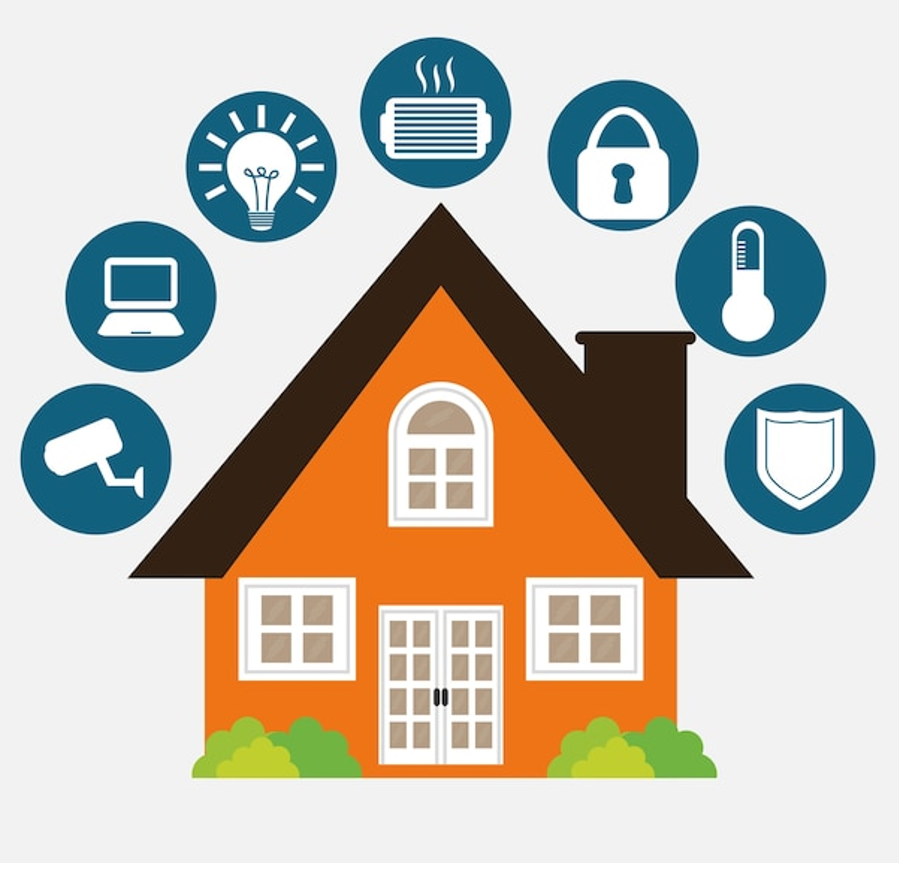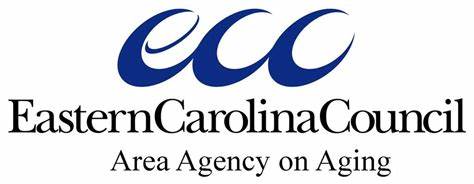Embracing Technology:
A Partner in Graceful Aging and Independence
In today’s digital world, technology plays a crucial role in daily life from staying connected with others, managing your health and entertainment activities, to staying safe and independent in your home.
Embracing technology can significantly enhance an individual's quality of life. The technology industry now recognizes the need to provide solutions intentionally designed for an aging population and the importance of technology in supporting the social, economic, and medical needs associated with the movement known as Aging in Place. This movement supports the idea that older adults can maintain their independence while staying connected to their families and communities safely and securely while remaining in their homes.
One of the ways an individual can choose to Age in Place is through the use of technologies that support older adults and those assisting them. While digital technologies-computer, laptops, and phones with applications or social media platforms are often thought of as the primary devices available, not all technologies that support independent living are computer/internet based. Examples of technology include fall prevention/detection systems, wearable devices, durable medical equipment, security systems, inside/outside lighting, and bathroom/kitchen fixtures. From the Clapper to turn on your lights to asking Alexa/Siri to turn on a smart light, technology can assist older adults and their caregivers with the necessary support, allowing them to Age in Place independently, safely, and gracefully.
5 Benefits of Technology for Older Adults and Caregivers:
2. Health Monitoring and Management:
3. Exercise and Entertainment:
5. Life Necessity Availability:
Local Classes & Information
Technology classes and information are available throughout the region.
For further information and resources contact your local senior center:
- Eastern Carolina Council Area Agency on Aging Digital Navigator, 252-638-3185
- Leonn Mann Jr. Enrichment Center (Carteret County), 252-247-2626

- George Street Senior Center (Craven County), 252-638-1790
- Havelock Senior Center (Craven County), 252-444-6423
- Duplin County Senior Services, 910-296-2140
- Greene County Senior Center, 252-747-5436
- Jones County Senior Center, 252-448-1001
- Lenoir County Council on Aging, 252-527-1545
- Onslow Senior Services, 910-455-2747
- Pamlico Senior Services, 252-745-3488
- Wayne County Services on Aging, 919-731-1591
Technology Resources/Links
- Alexa for Seniors
- Anxiety & Agitation - Assistive Technologies
- Google Home for Seniors
- Smart Home Assistive Technologies
- Wandering Assistive Technology Strategies
- Tapping into Technology
Age Friendly Home Links 
For further Information & Resources Contact
Eastern Carolina Council Area Agency on Aging
Dr. Cynthia Livingston, Digital Navigator
252-638-3185, Ext 3016 / 252-671-7553
clivingston@eccog.org
January Brown, Interim AAA Director
252-638-3185, Ext. 3011
jbrown@eccog.org

Online Resources
- Assistive Technology of North Carolina: https://www.ncdhhs.gov/divisions/eipd/north-carolina-assistive-technology-program
- North Carolina Division of Aging: https://www.ncdhhs.gov/assistance/division-aging
- Social Bridging North Carolina, virtual events, and programs: https://socialbridgingnc.org/
- NC211, information and services locator: https://nc211.org
- DORT, Technology made easy informational sheets: https://www.dorotusa.org/tech-made-easy-seniors-new-instructional-guides
- Cyber Seniors, keeping older adults socially connected: https://cyberseniors.org/
- AARP Personal Technology Resource Center: https://www.aarp.org/home-family/personal-technology/?msockid=311e38564d526e190de72bb34ce26ffb
- AARP Ask The Tech Guru (Tech writer Ed Baig answers your questions on computers, smartphones, and all things tech.): https://www.aarp.org/benefits-discounts/members-only-access/tech-guru/
- How a Smarter Home Can Make Daily Life Easier: https://www.aarp.org/home-family/personal-technology/info-2024/smart-home-daily-life-easier.html
- Senior Planet, older adult technology classes and technology hotline (1-920-666-1959): https://seniorplanet.org/
- Senior Club, free technology classes and resources for older adults: https://www.seniortechclub.com/catalog/
- SAGE USA, LGBTQ+: https://www.sageusa.org/
- National Resource Center on LGBTQ+ Aging: https://www.lgbtagingcenter.org/
